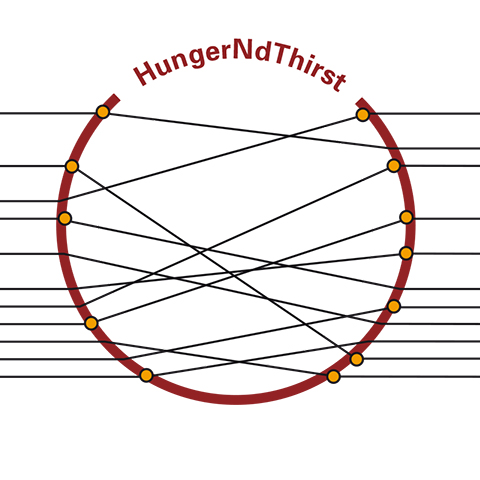Integrating Nutrition: An Ethical Necessity in Cancer Trials
Explore how nutrition plays a crucial role in enhancing the outcomes of cancer clinical trials, aligning with ethical research standards.

Advocating for Nutritional Equity in Cancer Research
Ethical Principles in Focus
The Ethical Imperative of Nutrition
Incorporating nutrition into cancer clinical trials is not just beneficial—it’s an ethical obligation. The principles of beneficence, justice, autonomy, and non-maleficence guide our advocacy for nutritional inclusion. By ensuring patients receive adequate nutritional support, we enhance treatment responses and improve quality of life. Addressing nutritional disparities prevents inequities in treatment outcomes, while empowering patients with comprehensive dietary resources fosters autonomy. Moreover, by standardizing nutritional assessments, we uphold scientific integrity and minimize confounding variables in research.
Identifying Critical Gaps
Nutritional Oversights in Clinical Trials
Despite the pivotal role of nutrition in cancer treatment, many clinical trials overlook its significance. Patients often face malnutrition due to treatment side effects and disease progression, yet nutritional assessments are rarely conducted at the outset. This oversight can lead to skewed results and diminished treatment efficacy. Furthermore, standardized protocols for nutritional interventions are lacking, and dietitians are seldom included in research teams. Addressing these gaps is essential to enhance patient outcomes and the scientific validity of trials.
Strategic Recommendations for Stakeholders
To bridge the existing gaps, we propose several key recommendations. Firstly, nutrition should be mandated as an ethical consideration in trial guidelines, ensuring it is part of the ethical review process. Standardizing nutritional assessments and protocols is crucial, requiring baseline evaluations and ongoing support for participants. Engaging stakeholders, including patient advocacy groups and healthcare professionals, will foster collaborative action. Training programs for researchers and clinicians on the importance of nutrition in cancer care are vital. Finally, securing dedicated funding will support the integration of nutrition in clinical research.
These steps will not only improve patient outcomes but also enhance the scientific integrity of cancer trials. By implementing these recommendations, we can ensure that nutrition is recognized as a fundamental component of cancer treatment research.

